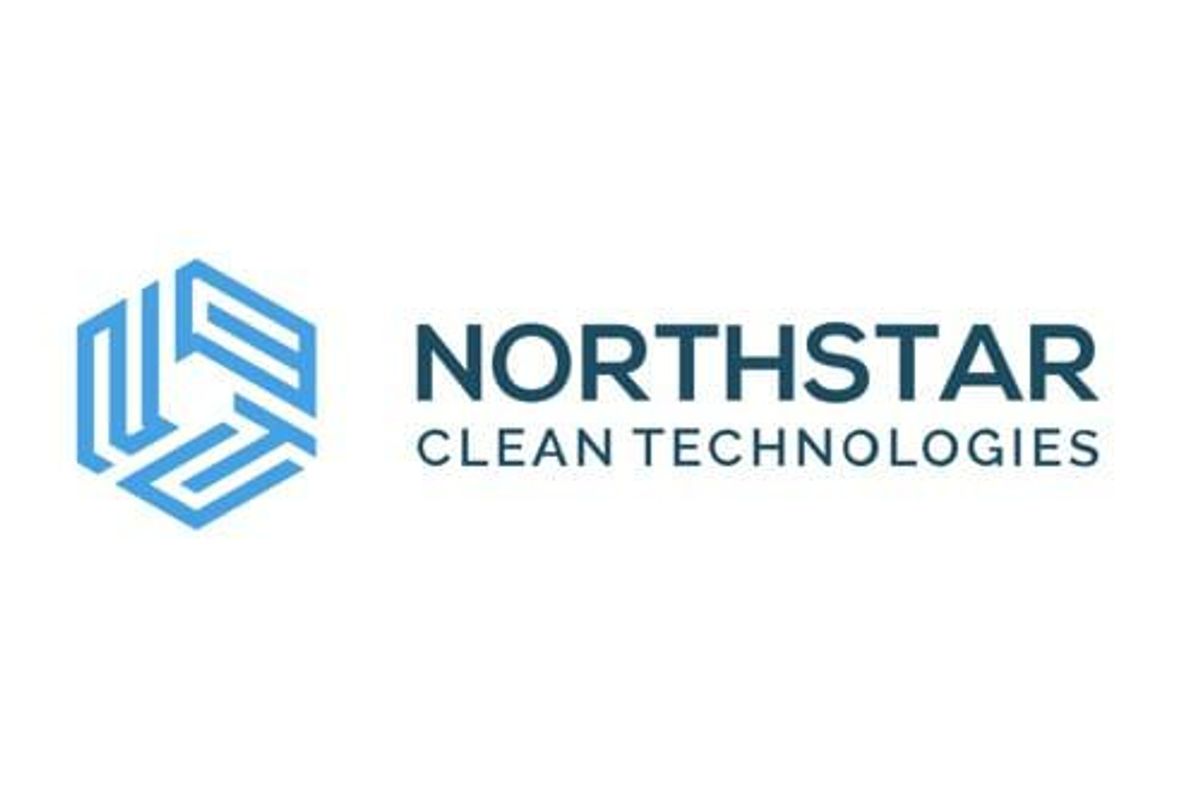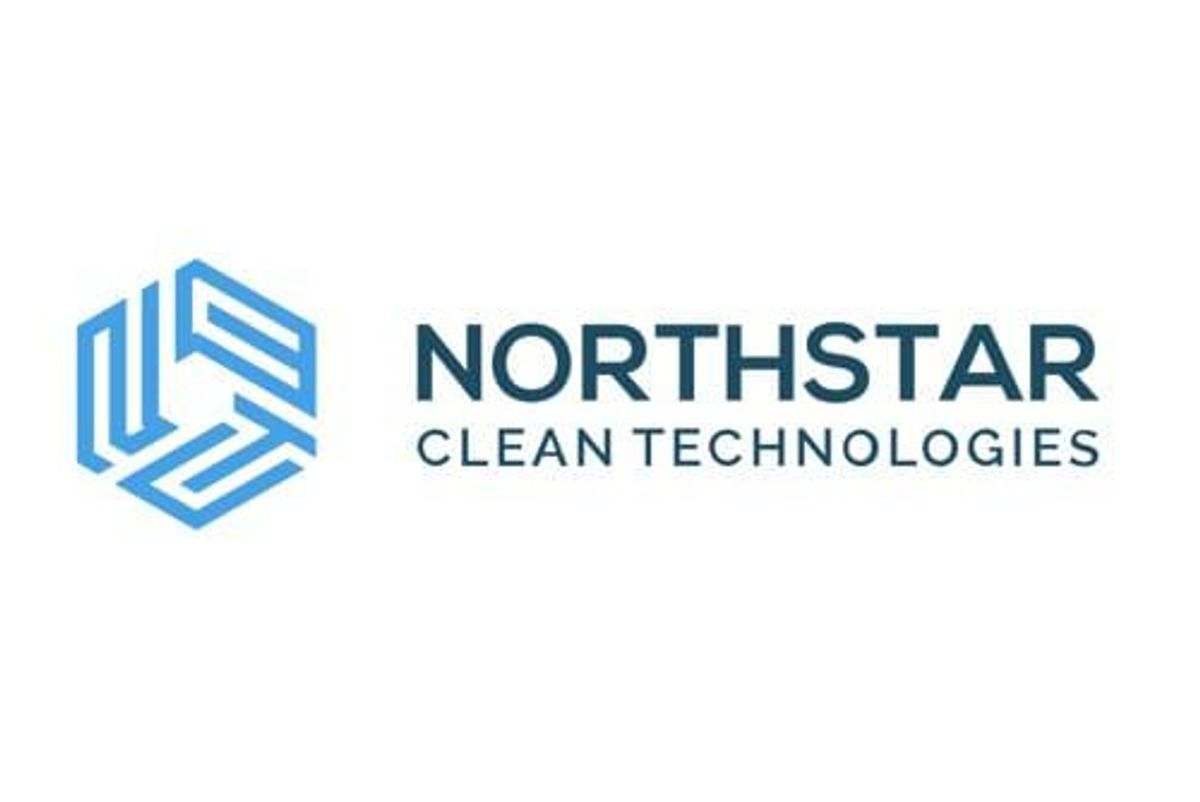
Northstar Clean Technologies (TSXV: ROOF) is a clean technology company focused on the recovery and repurposing of single-use asphalt shingles to produce liquid asphalt, fibre and sands while diverting shingle waste from landfills.
The company has a fully constructed facility in Delta, BC in the commercialization phase with steady-state production expected in early 2022.
On November 9, 2021 , Northstar announced the results of the independent carbon dioxide footprint Life-Cycle Assessment (LCA), completed by Burgess Environmental Ltd which concludes that the production of Northstar's liquid asphalt will produce 60% less carbon emissions versus routing shingles to landfill and producing virgin asphalt.
The 2017 British Columbia Best Practices Methodology for Quantifying Greenhouse Gas Emissions was used to calculate emissions associated with fuel and electricity consumption.
The asphalt produced by the Northstar process is green, renewable circular asphalt with the lowest carbon intensity of any asphalt in North America .
Key Take-Aways from LCA:
- Confirms ROOF's Empower Facility is a "circular", renewable industry solution with lower carbon dioxide emissions
- Net estimated greenhouse gas (GHG) emission savings of 121.94 kg of carbon dioxide equivalent per 1 tonne of feedstock , through diverting shingles from landfills and replacing virgin production asphalt production from the Empower Facility.
- Net estimated carbon dioxide emission savings in the range of 1,500,000 kg to 3,000,000 kg of carbon dioxide equivalent per year dependent on steady state production volume
12 million tons of asphalt shingles are sent to landfills annually in the United States , equivalent to over 18M barrels of oil or one day of US oil production being dumped into landfills each year.
Diverting a oily mountain of old shingles from landfills is a promising business plan, but some "green companies" get dirty downstream.
"In 2019, The New York Times published an article about toxic old solar panels and batteries causing harm to people who scavenge recyclable materials by hand in poor African communities," reported Forbes Magazine .
The independent LCA report just got Northstar over that hurdle.
Northstar's Bitumen Extraction and Separation Technology (BEST) uses a proprietary process to separate the liquid asphalt, fiber and aggregate sands from discarded or defective asphalt roofing shingles destined for landfill.
"Demand for asphalt binder in North America is currently highest for interstate highways and roofing," states an October, 2021 Liquid Asphalt Research Report prepared by Kin Communications , "Shingles made from asphalt serve one purpose which is to be used for the roofing of structures."
"Because these shingles are petroleum based, they are not eco-friendly and their production wastes energy in addition to exacerbating the emission of greenhouse gases," continues the research report.
"The LCA analysis quantifies how our operations can support our customers and industry partners in delivering circular and "green" renewable asphalt produced with significantly lower carbon intensity," stated Aidan Mills , CEO of Northstar.
Empower Facility's Carbon Dioxide Emissions:
- 77.21 kg of carbon dioxide equivalent produced per 1 tonne of feedstock
Virgin Production and Landfill Disposal Carbon Dioxide Emissions:
- 44.09 kg of carbon dioxide equivalent produced from 1 tonne of feedstock routed to landfills.
- 155.06 kg of carbon dioxide equivalent produced from 1 tonne of virgin asphalt, including transportation to the Vancouver market(1)
- A combined total of 199.15 kg of carbon dioxide equivalent per 1 tonne of feedstock
Net Savings:
- 121.94 kg of carbon dioxide equivalent per 1 tonne of feedstock
"The global context for reducing industry carbon footprints is forcing companies to identify alternative renewable avenues," continued Mills, "With the reduced carbon footprint solution for repurposing asphalt shingles, we believe we can support our customers and industry partners on their sustainability journey."
As well as the carbon dioxide net savings, the LCA report calculates that the Empower Facility will: 1. Reduce water consumption by 650 litres per tonne of asphalt processed 2. Reduce land disturbance by 0.44m2 per tonne of asphalt processed.
"Depending on the regulatory and legislative framework, carbon dioxide emissions benefits may allow Northstar to potentially generate future revenue and margins from carbon credit sales ," stated ROOF.
In British Columbia , carbon credits are valued at about $50 /tonne .
"A carbon credit is a kind of permit that represents 1-ton of carbon dioxide removed from the atmosphere," explains NBC News , "They can be purchased by an individual or, more commonly, a company to make up for carbon dioxide emissions that come from industrial production."
ROOF's business model anticipates four revenue streams: 1. tipping fees (paid by waste haulers and roofing contractors), 2. Sale of Asphalt, 3. Sale of Fiber and 4. Sale of Aggregate.
The sale of carbon credits would add a 5 th revenue stream.
For ROOF shareholders, the most significant knock-on effect of the Life-Cycle Assessment report , is likely not the value of the carbon credits – but the confirmed eligibility of ROOF's technology for government funding .
ROOF's facility is modular and can be duplicated in other locations. When the company expands operations, governments can be valuable partners, reducing the need for dilutive financing.
On July 27, 2021 Northstar announced that it has engaged Wellington Dupont Public Affairs to lead government engagement on the reduction of single-use asphalt shingle disposal into landfills across Canada .
" Wellington will support federal, provincial, and municipal engagement on the execution of the Northstar's expansion plans across North America , in addition to evaluating various potential non-dilutive funding strategies, including government grants, to support expansion plans," stated Northstar.
"The retail price of asphalt cement per tonne as of August 2021 is CAD $891.00 , according to the Ontario Asphalt Pavement Council. This represents a 44% increase year-to-date," reports the Kin Communication Report.
"We now know our production process can deliver a meaningful difference to our climate by reducing carbon dioxide emissions in both degradation of asphalt shingle tiles in landfills and virgin asphalt production," stated Mills following publication of the independent carbon dioxide footprint Life-Cycle Assessment (LCA).
"The first step on the journey towards carbon neutrality is to quantify corporate emissions accurately and the LCA quantifies exactly that," concluded Mills.
![]() View original content to download multimedia: https://www.prnewswire.com/news-releases/independent-report-confirms-northstar-clean-technologies-green-liquid-asphalt-production-process-301422816.html
View original content to download multimedia: https://www.prnewswire.com/news-releases/independent-report-confirms-northstar-clean-technologies-green-liquid-asphalt-production-process-301422816.html
SOURCE Global Stocks News

![]() View original content to download multimedia: https://www.newswire.ca/en/releases/archive/November2021/12/c7652.html
View original content to download multimedia: https://www.newswire.ca/en/releases/archive/November2021/12/c7652.html






